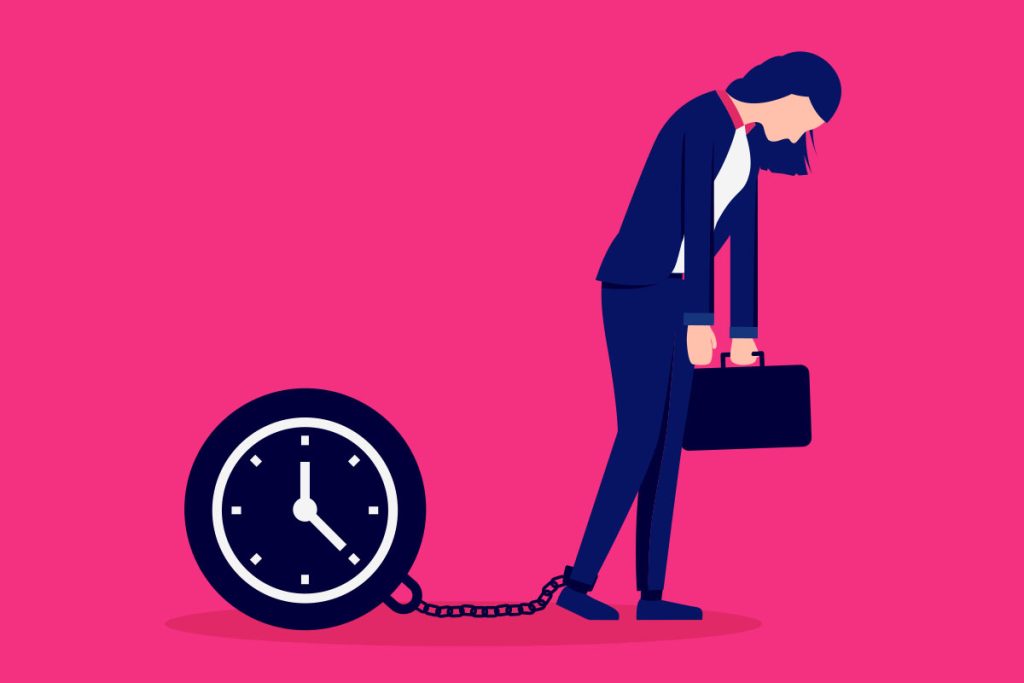
Watch out for these 13 tactics used by insurance adjusters that could interfere with your claim. If you question anything about an adjuster’s conduct, call a personal injury lawyer.
1. You Don’t Hear From The Adjuster Within Two Weeks
If you do not hear from and adjuster within two weeks of the accident it may indicate that the company is understaffed, ignoring your claim, or that the other party wasn’t insured after all.
2. They Don’t Provide You With A Letter Of Identification
Insist that the adjuster provide you a letter identifying himself and his company. That letter should indicate the policy and claim numbers AND, this is extremely important, confirm that his company provided coverage for the responsible party on the day of the accident.
3. The Adjuster Does Not Give You Their Client’s Policy Limits
Insist that the adjuster disclose his client’s policy limits in writing. If he refuses, call a lawyer.
4. They Don’t State In Writing Who Was Responsible For The Accident
Insist that the adjuster provide you with a letter stating that the person his company insures was responsible for causing the accident. If the adjuster does not believe that his client was completely at fault, insist that he indicate, in writing, the percentage of blame attributable to his client. California is a “comparative negligence” state and even if you, the victim, were partially at fault, you’re still entitled to compensation in the event the other party as also partially at fault. Any personal injury lawyer should be willing to explain to you the legal concept of comparative negligence.
5. The Adjuster Insists On A Written Record Of The Facts Of The Accident
If the adjuster insists that you give him a written or recorded statement of the facts of the accident or tells you he cannot settle the case without one, call a lawyer. No injured person is legally obligated to give an adjuster a “statement.” Actually, the adjuster probably already knows how the accident occurred based on the police report, witness statements, his own client’s version and his own experience. If the adjuster’s client is telling the truth, the insurance company does NOT need your statement! The real purpose of the statement is to get you to say something that will damage your claim and give the company grounds to reduce or deny it! Generally, a statement will do nothing but hurt your claim! Test the adjuster’s good faith by asking him to provide you with a copy of the other party’s statement. If he refuses, call a lawyer. If you find that the other party’s version of the accident differs from yours, call a lawyer.
6. They Ask You To Sign An Authorization To Obtain Your Medical & Employment Records
If the adjuster insists that you sign an “authorization” allowing him to obtain your medical and employment records, call a lawyer. You have every right to refuse to do so unless your insurance company requests it. However, since you are under a legal obligation to prove the nature and extent of your damages, you should offer to provide medical and employment reports (if you were employed at the time of the accident and lost earnings). YOU SHOULD PROVIDE REPORTS, NOT RECORDS. Your signed authorization allows the company, or anyone else the company gives your authorization to, to obtain ALL your past and future medical and employment records, whether relevant to your accident or not.
7. They Want You To Be Examined By A “Company Doctor”
The adjuster may insist that you be examined by a “company doctor”. You should refuse to be examined by a company doctor unless your insurance company is making the request. If the adjuster won’t settle without such an examination, call a lawyer.
8. The Adjuster Refuses To Settle Your Case In Writing
You should request that the adjuster put all offers to settle your case in writing. If he refuses, call a lawyer.
9. The Adjuster Is Very Hard To Reach
If it is difficult for you to contact the adjuster or he seems to be putting you off, he may be trying to delay resolution of your case. Delay can cost you thousands of dollars.
10. They Show Up Without An Appointment
You should be apprehensive if the adjuster shows up without an appointment at your home. The purpose of such a visit is to catch you doing something that indicates you’re not injured and to get an indication of your financial condition. Refuse to discuss your case and tell the adjuster to call back for an appointment
11. The Adjuster Is Asking People About You Without Your Permission
Call a lawyer if the adjuster is asking your neighbors, employer or doctors about you without your permission, or conducting surveillance on you. This invasion of your privacy may indicate that he doesn’t believe you’re injured and probably won’t pay your claim.
12. They Refuse To Pay You Or Offer You A Minimal Amount
If the adjuster refuses to pay you anything for your claim or offers to pay you a minimal amount, call a lawyer. Just because the adjuster thinks your case is worthless doesn’t mean it is so. Ask the adjuster to put his reasons for refusing to compensate you in writing.
13. They Advise You Not To Talk To A Lawyer
The adjuster may tell you, you don’t need to see a lawyer or directly advise you not to obtain legal advice. This is “an unfair claims practice” according to the insurance code and is the best indicator that you need to talk to a lawyer.
These warning signs also apply when you have a claim against your own company. However, you must “cooperate” with your own company because every policy of insurance contains a “cooperation clause”. Therefore, if the adjuster for your own company engages in any of the conduct listed above, call a lawyer immediately; you want to protect your rights and at the same time avoid violating your own policy.